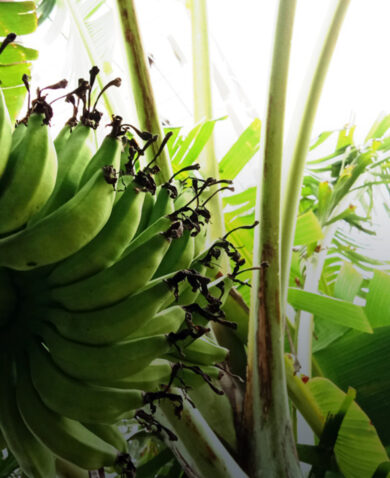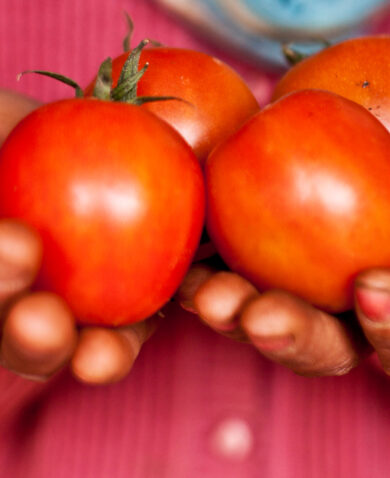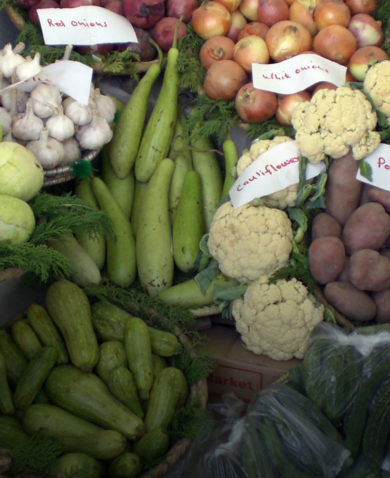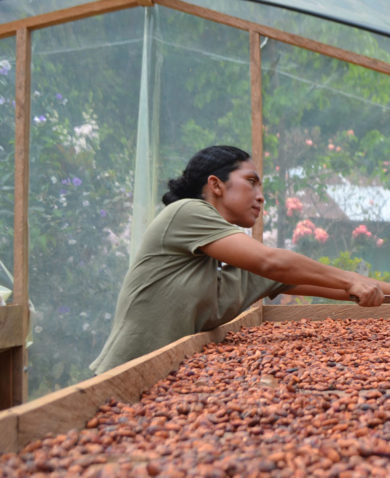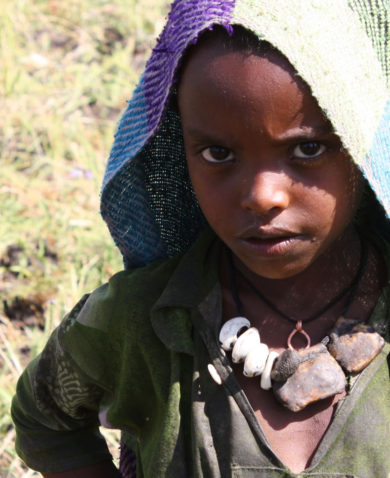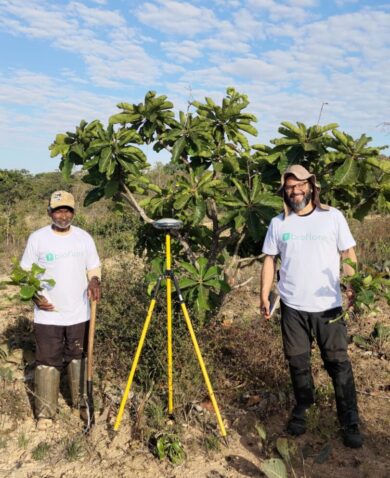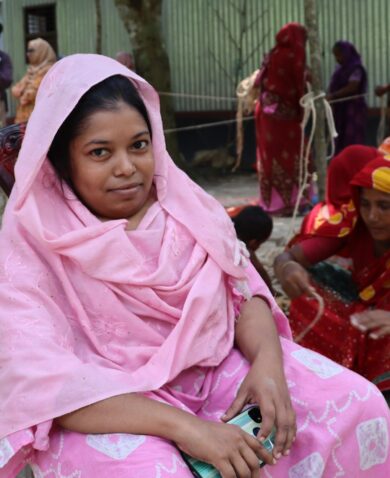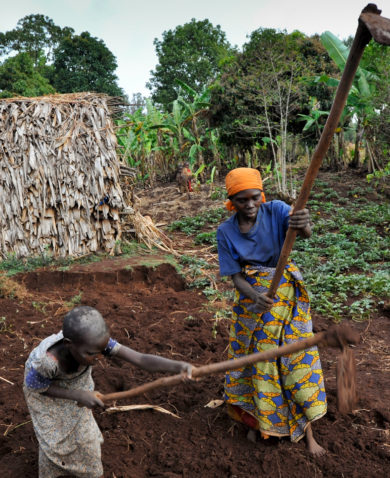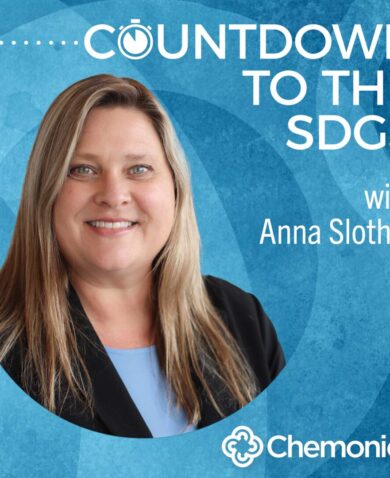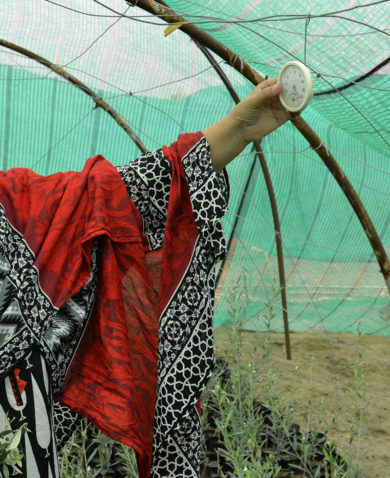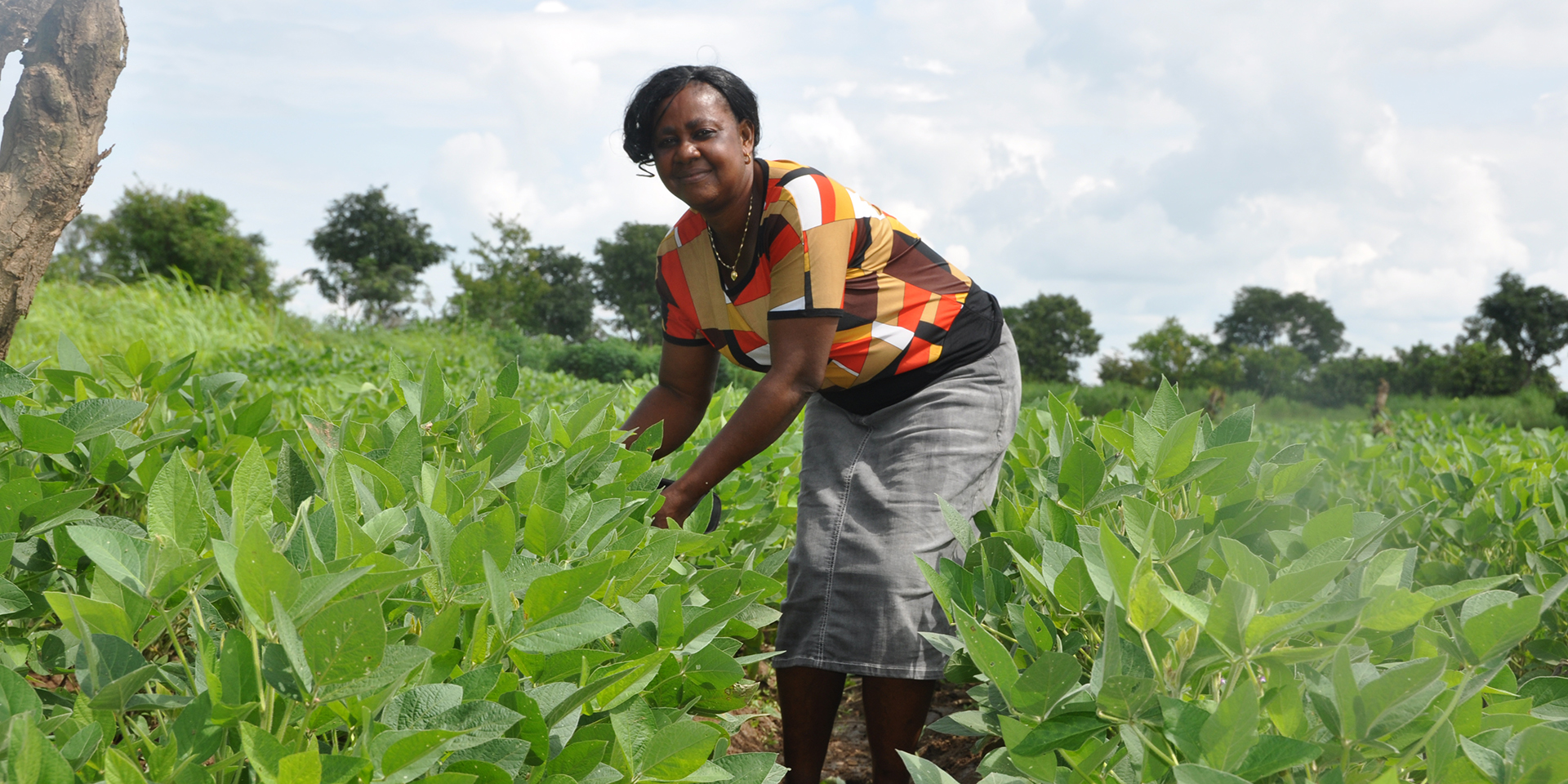
Resolving the Tension between Agricultural Growth and Nutrition
September 30, 2014 | < 1 Minute ReadWith 70 percent of the world’s extreme poor living in rural areas and relying at least partially on agriculture for their livelihoods, agricultural growth is key to raising the incomes of the world’s poor, and we know that this growth needs to include smallholders.
Below is an excerpt from an essay that appeared in the 2014 Frontiers in Development books, themed around ending extreme poverty. The essay, by Chemonics’ Neal Donahue and Ilisa Gertner, posits that there is often an underlying tension between the “seemingly complementary goals” of agricultural growth and increased production and consumption of nutritious food. Development programs must be designed to increase farmers’ incomes and the demand and supply of nutritious food.
When it comes to lifting 1.2 billion people out of extreme poverty by 2030, one thing is certain: It is not going to happen without agricultural growth and greater food security, particularly in sub-Saharan Africa and South Asia. As U.N. Secretary-General Ban Ki-moon recently remarked, “We will not eliminate extreme poverty or achieve sustainable development without adequate food and nutrition for all.”
With 70 percent of the world’s extreme poor living in rural areas and relying at least partially on agriculture for their livelihoods, agricultural growth is key to raising the incomes of the world’s poor. We know that this growth needs to include smallholders, both male and female, who constitute the majority of those in extreme poverty. We also know that growth needs to be driven by market demands if it is going to be sustainable.
Read the full essay and more from Frontiers in Development.
The essay was chosen to appear in the Frontiers in Development book through an external contest open to the public and run by Devex in partnership with USAID. Other contributors included Secretary of State John Kerry, USAID Administrator Rajiv Shah, Chief Economist for USAID Stephen A. O’Connell, and President of the Rockefeller Foundation Judith Rodin.







